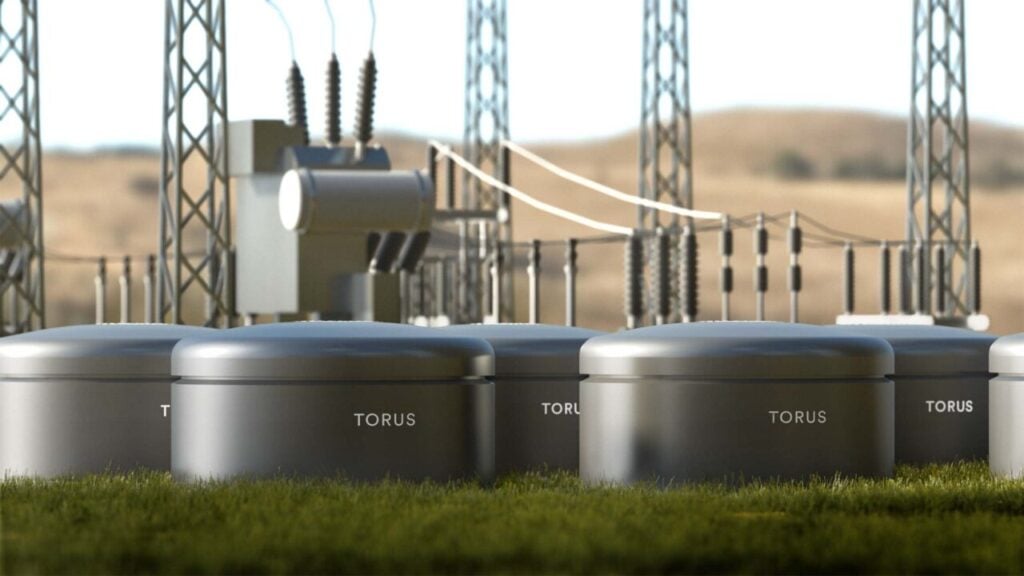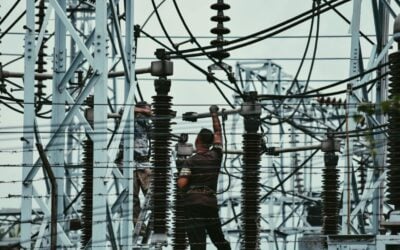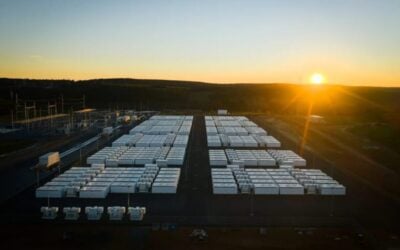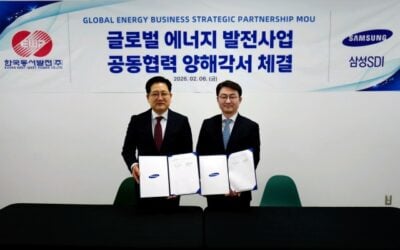
Utility Rocky Mountain Power (RMP) and technology provider Torus have signed a memorandum of understanding (MOU) outlining a strategic partnership and exploration of 70MW of demand response capacity using Torus’ energy storage solutions.
Announced 27 January, the partnership would support Utah’s Operation Gigawatt, an initiative that looks to expand Utah’s power production over the next 10 years.
Operation Gigawatt was introduced in October 2024 by Utah governor Spencer Cox. It calls for expanding energy production through nuclear and geothermal development, increasing transmission capacity, and investing in energy research within the state.
Torus said this partnership is enabled through RMP’s Wattsmart Battery programme. The virtual power plant (VPP) aggregation programme allows customers to share the benefits of adding their system’s capabilities to their energy supplier’s asset base, which Rocky Mountain Power leverages to help manage its grid network. As of the middle of last year, over 40MWh of residential battery capacity was enrolled in the RMP Wattsmart Distributed Battery Grid Management System (DBGMS).
Try Premium for just $1
- Full premium access for the first month at only $1
- Converts to an annual rate after 30 days unless cancelled
- Cancel anytime during the trial period
Premium Benefits
- Expert industry analysis and interviews
- Digital access to PV Tech Power journal
- Exclusive event discounts
Or get the full Premium subscription right away
Or continue reading this article for free
The partnership would also see Torus deploying its Nova Spin and Nova Pulse battery energy storage systems (BESS). Nova Pulse is a chemical battery storage solution with a lithium iron phosphate (LFP) battery, Torus claims it has a round-trip efficiency of 93%.
Nova Spin is a flywheel energy storage system. Flywheel systems work with a large, vacuum structure-encased spinning cylinder. To charge, electricity is used to drive a motor to spin the flywheel, and to discharge; the motor acts as a generator to convert the spinning motion’s energy back into electricity.
While flywheels have advantages such as lasting longer than most chemical-based batteries and not being as affected by extreme temperature changes, they also have faster discharge rates and are relatively expensive to build.
In the Spring of last year, Torus signed an agreement with real estate development company Gardner to deploy flywheel and battery-based energy storage systems at its commercial properties in Utah.
Recently, a project in Changzhi City, Shanxi Province, China, claimed as the largest flywheel energy storage system in the world, was connected to the grid by project owner Shenzen Energy Group.
Governor Cox said of the announced partnership: “This energy storage partnership is a great example of Utah’s leadership in innovative energy solutions.”
“As we double our power production capacity over the next decade through Operation Gigawatt, we’re making sure Utah continues to be a net energy exporter. This collaboration between Rocky Mountain Power and Torus demonstrates how we’ll achieve these ambitious goals.”





